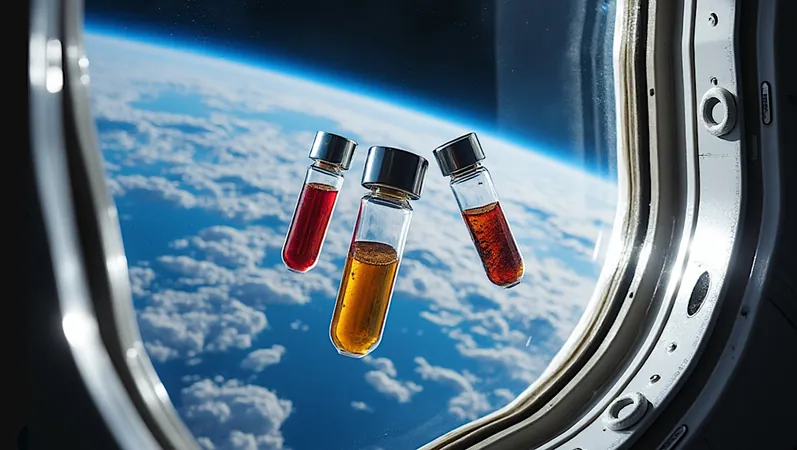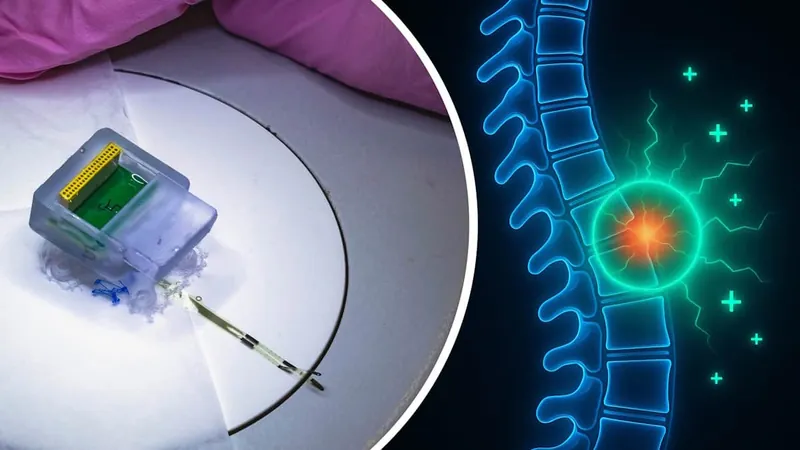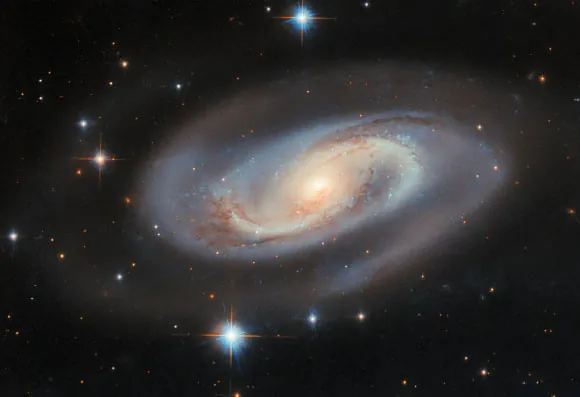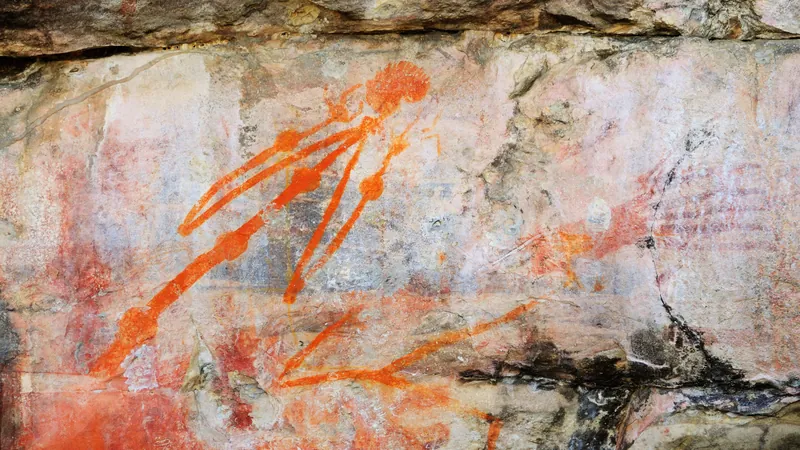
Exciting Research from NASA's Spaceline: Breakthroughs in Space Life Sciences!
2025-01-09
Author: Arjun
NASA's latest comprehensive awareness list has unveiled a plethora of groundbreaking studies in space life sciences, delivering fresh insights that could revolutionize our understanding of human health in microgravity. With research impacts spanning various scientific domains, these findings illuminate how space travel affects biological systems and proposes solutions for future missions.
Key studies emerging from NASA's support include:
1. Spaceflight-Induced Bone Remodeling
A recent study by Walle et al. highlights how spaceflight affects bone remodeling in humans, demonstrating a constrained recovery period for bone resorption sites. Published in *Science Advances* (2024), this research, funded by the Canadian Space Agency and Alberta Innovates, underscores the challenges astronauts face related to osteoporosis in extended missions aboard the International Space Station (ISS) and offers potential interventions for bone health.
2. Precision Nutrition for Astronauts
Brawley et al. contribute to a growing literature on space nutrition. Their chapter on spaceflight precision nutrition, included in the book *Precision Medicine for Long and Safe Permanence of Humans in Space*, emphasizes tailored dietary guidelines to safeguard the health of astronauts during long-duration missions.
3. Impact of Radiation on Pregnancy
Steller et al. examined the implications of near-continuous low-dose neutron irradiation on pregnancy outcomes in mice. Their work, published in *npj Microgravity*, investigates how space radiation could impact reproduction—a critical concern for future manned missions to Mars and beyond.
4. Non-DNA Effects of Space Radiation
A striking study by Straume et al. revealed that exposure to space radiation leads to persistent behavioral deficits in rats. This research underscores the need for extensive studies on the psychological and neurological effects of space travel, with significant implications for crew members on long missions.
5. Calcium Signaling in Hypoxia
Bakshi and Gilroy explored the role of calcium signaling pathways during hypoxic conditions, which could offer insights into plant resilience and may have applications in sustaining life-support systems in space habitats.
6. Artificial Intelligence in Space Health
Kumar et al. are pushing the boundaries with their research on AI diagnostics for neuro-ocular health in space missions. Their work could lead to groundbreaking techniques for monitoring astronauts' health in real-time, ensuring their well-being while exploring distant realms.
The research findings are not only integral for current astronauts and missions but also pave the way for future explorations, including potential manned expeditions to Mars. With over 60 studies featured, NASA's Spaceline reveals a vibrant tapestry of challenges and innovations, underpinning the critical intersection of space exploration, human health, and advanced technologies.
As we continue to explore the cosmos, these insights will be invaluable in ensuring that humanity can venture further into space, safeguarding our health and well-being along the way. Stay tuned for more updates as we reach for the stars!




 Brasil (PT)
Brasil (PT)
 Canada (EN)
Canada (EN)
 Chile (ES)
Chile (ES)
 Česko (CS)
Česko (CS)
 대한민국 (KO)
대한민국 (KO)
 España (ES)
España (ES)
 France (FR)
France (FR)
 Hong Kong (EN)
Hong Kong (EN)
 Italia (IT)
Italia (IT)
 日本 (JA)
日本 (JA)
 Magyarország (HU)
Magyarország (HU)
 Norge (NO)
Norge (NO)
 Polska (PL)
Polska (PL)
 Schweiz (DE)
Schweiz (DE)
 Singapore (EN)
Singapore (EN)
 Sverige (SV)
Sverige (SV)
 Suomi (FI)
Suomi (FI)
 Türkiye (TR)
Türkiye (TR)
 الإمارات العربية المتحدة (AR)
الإمارات العربية المتحدة (AR)